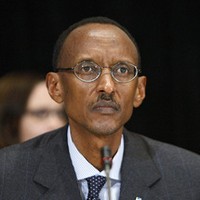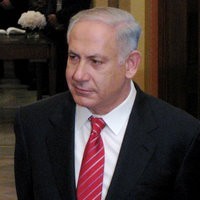
At the end of November, the European Union approved the launch of free trade talks with Morocco as part of an effort to upgrade existing agreements with southern Mediterranean countries. In an email interview, Susi Dennison, a policy fellow at the European Council on Foreign Relations, discussed the EU’s economic relationship with its southern neighbors. WPR: What is driving the EU to seek upgraded free trade agreements with Morocco, Jordan, Tunisia and Egypt? Susi Dennison: After the revolutions in North Africa in early 2011, and the ensuing criticism of the EU’s failure to challenge the previous autocratic regimes, the EU […]








